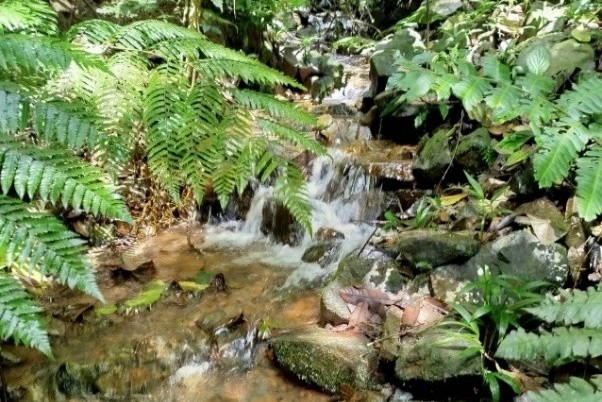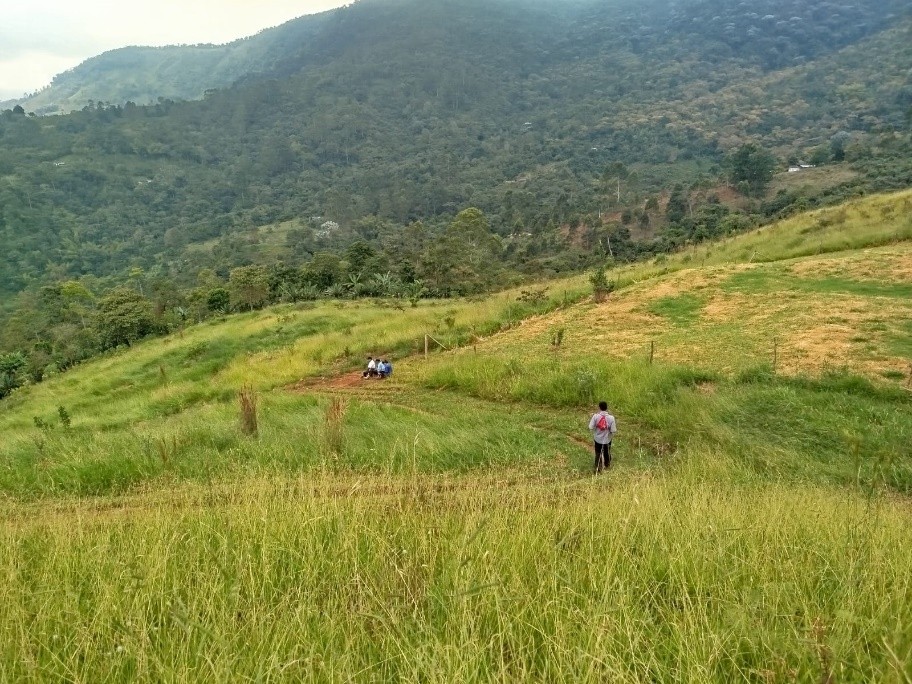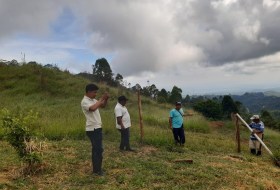News
University of Cauca, supportive and committed to the territory in Santander de Quilichao
The Research Seedbed on Natural Hazards, Risk and Territory, together with organized communities in Santander de Quilichao, has embraced this initiative born from a community need: sustainable access to this vital resource.
In the village of Guayabal, located in the municipality of Santander de Quilichao, a collective effort has been underway to guarantee something as essential as access to drinking water.
The initiative, driven by the Research Seedbed on Natural Hazards, Risk and Territory, affiliated with the Civil Engineering program at the University of Cauca’s Santander de Quilichao campus, emerged from a clear community need: securing sustainable access to this vital resource.
It was precisely this concern that motivated residents, represented by the Association of Aqueduct Users, to seek technical support.
The University of Cauca, committed to processes of solidarity with the territory, responded with an initial outreach session that combined academic knowledge with community experience.

Photograph: La Arenosa stream, a potential water source explored during the community tour.
The purpose of this visit, carried out on July 25, was clear: to understand the local context, identify available water sources, and gather baseline information to move forward in designing a viable solution tailored to the conditions of Guayabal. During the tour of the territory, potential water intake sources were identified, homes and users were georeferenced, and spaces for dialogue with community leaders were established.
The session had the active participation of representatives from the Association of Aqueduct Users, such as leader José Antonio Ipia, Fredy Martínez, and Mauricio Ayala, who shared key information about the territory. From the University of Cauca, participants included the coordinator of the Civil Engineering program, Edgar Rodríguez Castiblanco, Enif Medina, and final-year student Anyelo Fernández. It is important to note that this territory is part of the Munchique – Los Tigres Indigenous Reserve, which allows for the integration of ancestral knowledge with technical concepts.
This cultural aspect represents a key element to consider when planning and executing any type of intervention.
The outcome was highly positive, marking a solid step toward building a proposal that, in the future, could significantly improve the living conditions of families in the village.

Photograph: Analysis of land conditions for possible infrastructure placement.
The research seedbed highlights the importance of continuing to support this type of initiative, which not only seeks to address structural problems but also to promote more equitable relationships between academic knowledge and the realities of the territory.
“Access to drinking water is a fundamental right, and making it possible in rural areas requires joint efforts, listening to communities, and building solutions together,” the participants concluded.
Written by: Communications Management Center


